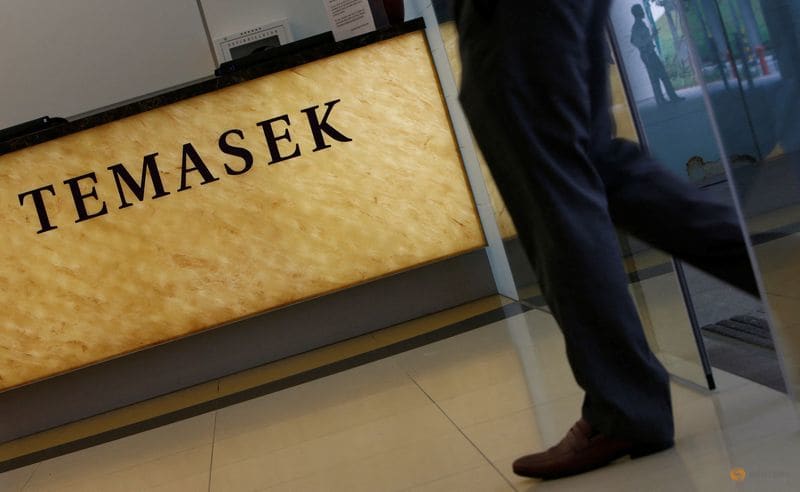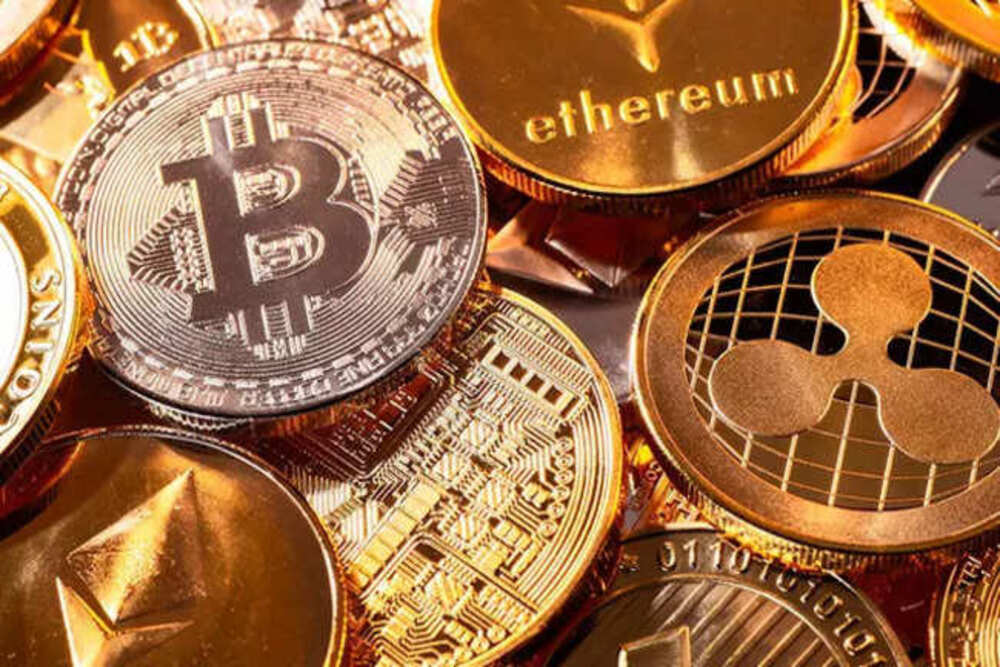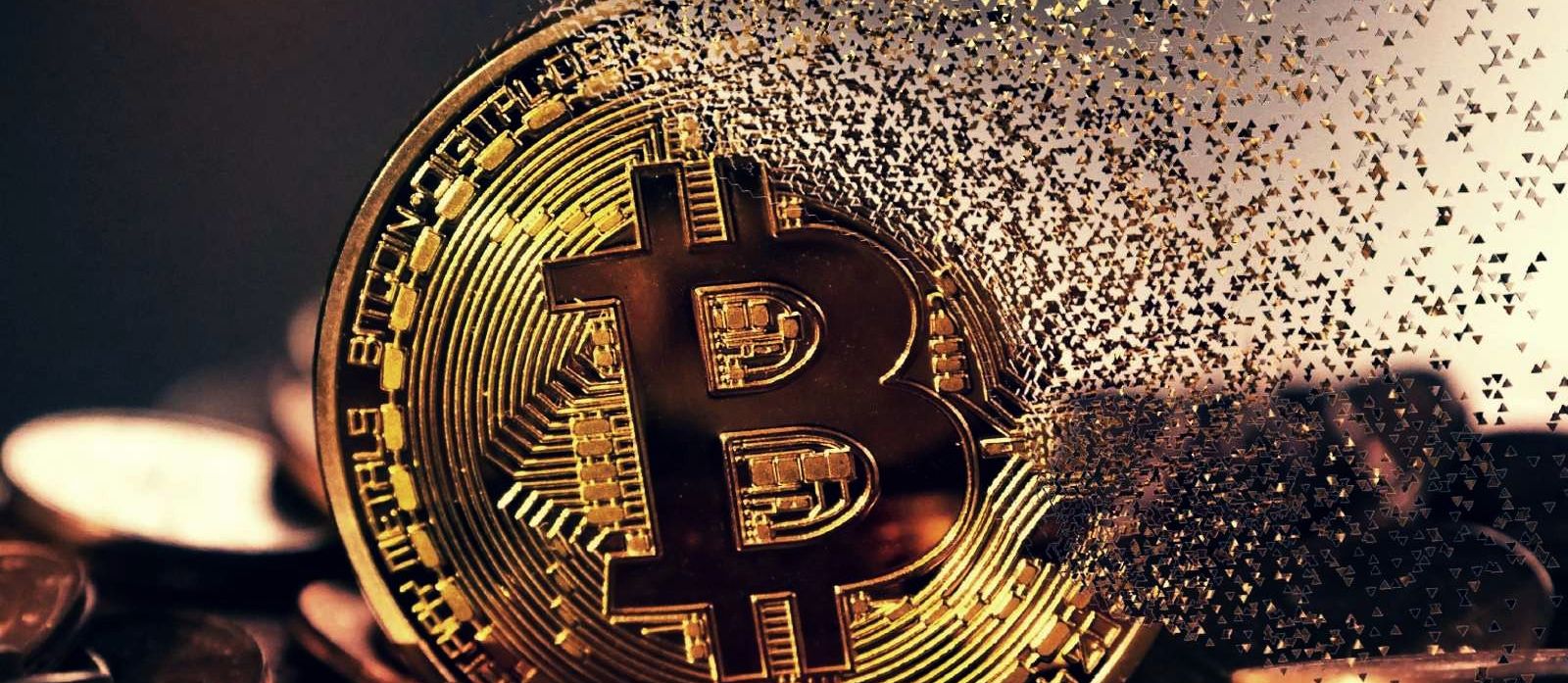With numerous stumbles and meltdowns of cryptocurrency tokens, companies, and entire exchanges, some advocates inexplicably still hold up crypto as a solid investment. Here’s why you shouldn’t.
Remember the big day trading craze? Ever met anyone who has turned it into a sustainable way to make a living – let alone a fortune? Ever even heard of anyone like that?
Yeah, well, that just about sums up my personal disdain for cryptocurrency. I freely admit that much of my ill will towards the industry is fuelled by both scepticism and cluelessness, in about a 70/30 distribution. But there are others – and they are by no means clueless like me – who are also anything but advocates for crypto.
One experienced and successful investor posted this: “Crypto is something in a computer. Its value is based on absolutely nothing but hype and enthusiasm. Once those two things wane, the value plummets. Bitcoin was $64K a year ago and is now $16K. If the US dollar dropped that much in a year, people would be jumping off roofs. Yet crypto proponents will swear it’s still a valid wealth builder.”
Warren Buffet, a legendary billionaire investor and philanthropist and long one of the world’s richest people (currently ranked fourth, with a net worth of over US$110 billion), has absolutely no use for crypto. He recently explained this recalcitrance, saying that assets, in order to have any value, must actually deliver something to somebody. “If you told me [that] you own all of the Bitcoin in the world and you offered it to me for $25, I wouldn’t take it because what would I do with it? I’d have to sell it back to you, one way or another.”
:max_bytes(150000):strip_icc()/GettyImages-184769358-d334e8ac6239419aa7f98c983b65b2bf.jpg)
Buffet isn’t suggesting that nobody could ever make money by trading crypto. He’s saying that it’s a not a legitimate asset class, and commensurately, that any asset which has no intrinsic value brings nothing to the investor’s table. He went further, saying that while he wouldn’t pay $25 for all the world’s Bitcoin, if he was offered a 1% stake in all the farmland or apartments in the United States for $25 billion, he’d write the check immediately. His logic? Unlike Bitcoin, these assets both have intrinsic value and both produce actual gains – rent from the apartments and food from the farms.
But he wouldn’t do anything remotely like that for Bitcoin or any other ‘token,’ simply because there is no real value to it. Like all crypto, he says any gains depend solely on the ‘greater fool theory’ – essentially that you can only make money if you find someone who’s willing to pay more for an overvalued asset than you did. And when it comes to crypto, since there is no shortage of fools in the world, odds are that you probably won’t be the greatest fool of them all, so you might just be able to make some money in this game… at least in the short term.
That was clearly the guiding principle for Sam Bankman-Fried, the young co-founder of crypto exchange FTX and its parent and partner trading firm Alameda Research. For the better part of the last five years, both companies were riding a buoyant wave of success and giddy optimism, despite what have now been clearly seen as a whole lot of red flags.
In November 2022, in a span of about a week or so, it all came crashing down, sending Bankman-Fried’s net worth from $26 billion to effectively nothing in next to no time at all. That such a staggering plunge could even occur underscores how little intrinsic value this asset class actually has – and strengthens the likelihood that Buffet is completely right.

At around the same time, FTX rival crypto exchange Binance – the world’s largest – also began spiralling into troubled waters. Over the last year, its two native digital tokens have shed an alarming percentage of their hyped-up values, and the exchange itself began – rather quietly – haemorrhaging cash in mid-November as investors got increasingly spooked by the FTX debacle. Binance customers pulled out $360 million in one day alone in early January, and the exchange overall has bled out a staggering $12 billion in assets in just two months’ time.
Binance’s current troubles are ironic – some might say deliciously so – given its outsize role in the collapse of FTX. Binance CEO Changpeng Zhao contributed directly to the demise of FTX in November when he announced on Twitter that he was planning to sell his own holdings of the rival exchange’s tokens, then worth about US$580 million, citing “recent revelations that have come to light.” He followed that with a public rescue offer for FTX, which he then quickly rescinded, with the reason given that FTX’s “issues are beyond our control or ability to help,” suggesting a far more grim situation than previously believed, and all but assuring FTX’s doom with little more than a few social media posts. (And you thought Twitter was just kid’s stuff.)
The thing though, is that when it came to FTX, it wasn’t just a flock of crypto-touting acolytes driving Bankman-Fried’s company to its pinnacle as the world’s third-largest crypto exchange and sending the ‘value’ of its native digital token, FTT, soaring. Many huge global financial players like Sequoia Capital and BlackRock bought into the hype, too, as did well-respected Singapore state investment fund Temasek Holdings. When FTX’s house of cards collapsed in November – stunning markets and wiping out billions worldwide in a matter of days – Temasek lost US$275 million in investments. And unlike FTT digital tokens, that $275 million was real money.

Now, Singapore’s state investment fund can clearly shrug off a $275 million loss as easily as you or I can get over misplacing a RM5 note. After all, the fund’s current value is nearly US$300 billion, so the FTX investment was just a minuscule fraction of a percent of its holdings, but the reputational damage is significant. How could the best financial minds in Singapore, the most experienced investors, be so utterly hoodwinked?
And why do rank-and-file investors still hang their hopes on crypto? Consider Singaporean Nicole Yap, who, at only 26, is clearly is a young woman of considerable means. She invested a significant $150,000 in FTX largely, it seems, on the strength of Temasek’s support. She lost it all.
And yet, almost defying belief – despite Bitcoin’s crash, despite the collapse of Terra Luna and TerraUSD, as well as Singapore-based hedge fund Three Arrows and crypto exchange Voyager Digital, along with losing a huge pile of her own cash – she’s still a crypto proponent, somehow placing most of the responsibility for her loss on Singaporean authorities.
Apparently not up to speed on analyses that confirm that over half of all Bitcoin exchanges are fraudulent, Ms Yap remained bewilderingly defiant. “Just because there is a lot of scam in crypto, doesn’t mean crypto is a scam,” she said in an interview. “But users don’t have a platform to find out about these things. We only have social media and crypto influencers. You need the government to say, ‘These companies are good, we’ve seen their books’.”

The FTX debacle is still shaking out, and its top executives have been arrested now. Two have pled guilty and are facing long years in prison, and officials are in the process of recovering assets as best as they can. When it’s all over, it seems likely that FTX will go down in financial infamy with the likes of Lehman Brothers, Enron, Bernie Madoff, and, yes, 1MDB.
And as for one crypto-loving Ms Nicole Yap, one might suggest that she make her next investment a short tutorial meeting with Warren Buffet.
The opinions expressed herein are solely those of the author.
"ExpatGo welcomes and encourages comments, input, and divergent opinions. However, we kindly request that you use suitable language in your comments, and refrain from any sort of personal attack, hate speech, or disparaging rhetoric. Comments not in line with this are subject to removal from the site. "























